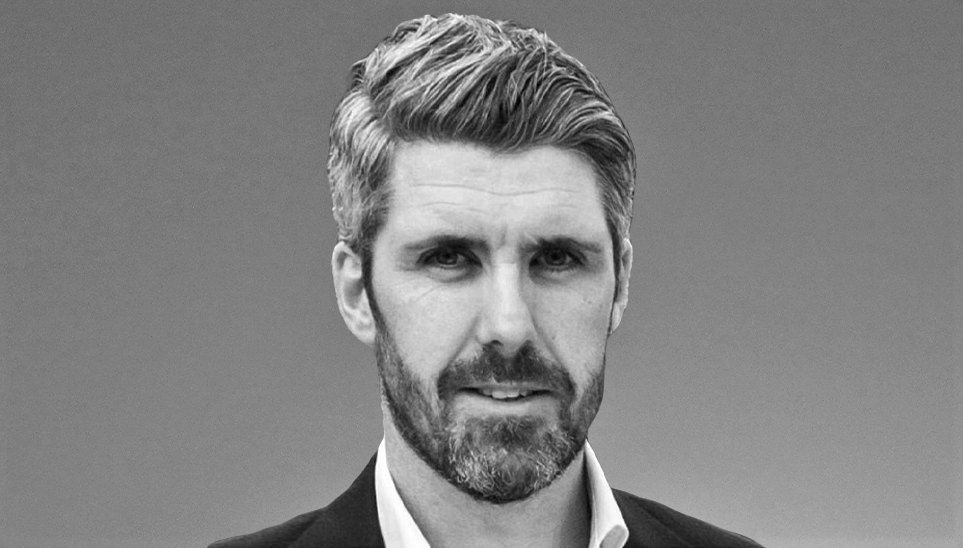Since the outbreak of COVID-19 and the dreaded lockdown that followed, I have spoken to many participants within the ETF ecosystem.
Despite the challenging environment we have all had to face, it is abundantly clear to me that it is not just the growth of the product which has been impressive but also the ability of the people within the industry to adapt and overcome a difficult situation.
Below is a summary of what people think and a glimpse of what the future may look like.
The industry has adapted rapidly
The ETF industry has shown great resilience in how it has adapted to this crisis. Overnight work practices were forced to change and the way business was done has been turned on its head. Despite such adversity, the industry has found a way through.
Client engagement is higher than ever, firms are still winning new business and employees are saying their managers are spending more time with them now than ever before. Firms have been spending huge amounts of time figuring out how to manage teams remotely and how to keep staff engaged and motivated. Employee wellbeing is now a top priority.
Despite what many may have assumed, hiring still continues. Firms continue to invest in their businesses and continue to look for talent to help them achieve it.
People have well and truly been converting to the idea of remote working
Historically there was always a degree of suspicion around the idea of people working from home. Managers typically did not trust it and colleagues took it as code for taking a day off unofficially.
Furthermore, financial services have unfortunately suffered from a culture whereby you need to be seen at your desk and the longer you remained there the harder it was assumed you were working. Such a culture does not sit well with a remote working model.
Thankfully one of the benefits of COVID-19 is that such perceptions have now been blown out of the water. Those who dismissed it are now embracing it and those who always championed it, now feel well and truly vindicated.
By and large everyone I have spoken to over the past number of months have spoken positively about the experience of remote working. The technology has worked perfectly, no more dreaded daily commute, more time to spend with family, greater work/life balance.
Productivity has increased
A strong theme developing from people I spoke to is the increased level of productivity they have been able to achieve, despite being at home.
The truth is that the office can sometimes be a disruptive location. People are always passing by your desk to stop for a chat or ask a question. You go out for a coffee, you go out for lunch, there is an endless stream of meetings. Now all of that is gone (yes some of it has been replaced by children and homeschooling) it leads to a far more productive environment to get work done.
The office is far from dead
Despite the success of remote working, it is clear in my conversations that face to face engagement with colleagues has been greatly missed. While the days of working in the office five days a week may be over for many, the complete abandonment of the office is far from over. The office facilitates collaboration, sharing of ideas, teaching of colleagues and building team spirit. No amount of virtual team drinks and quizzes can replace face to face contact.
However, the office people go back to may look slightly different from the one they left earlier this year. There may be more communal areas, more open space for teams to come together and collaborate as firms look to maximise collaboration time whilst people are in the office.
There are still challenges
No commuting, more family time, better work life balance has all been widely appreciated consequences from working from home.
However, the feedback has not all been positive. People have overwhelmingly confirmed that they are working longer hours and the day is spread out more.
There is a fear that the lack of face time runs the risk of people being forgotten, lack of team engagement has been a challenge for many and for junior people not being able to shadow colleagues and learn from them is hindering their ability to grow in the job.
Another serious challenge has been flagged around the issue of mental health. As one person said to me working from home is fine for those living in a big house with a garden and surrounded by family but what about those living alone in a one-bedroom apartment with no outdoor space.
Those are the people probably craving to return to the office as they seek out much needed social engagement. The impact on mental health was something which came up again and again but thankfully it is a topic firms are very aware of and proactively trying to address.
Change is coming
The impact of COVID-19 has proved to be a massive catalyst for change within the ETF industry. New ways of working have been introduced, webinars and virtual meetings have become the norm for doing business and remote working will be common practice going forward.
Companies are also having to rethink how their distribution model works going forward. Face to face client meetings are not the necessity they once were, the use of digital marketing is more important than ever and travel budgets will be reassessed.
Companies are also being more cognisant of the fact the change in work habits provides an opportunity for broadening the talent pool. No longer will firms need to solely rely on talent based in London, Paris, Frankfurt etc. when they can look further afield.
ETF Insight: Coronavirus turmoil debunks myth stock pickers outperform in bear markets
This also provides an opportunity for firms to assess salary costs - do they need to pay a London salary for someone now based in Manchester for example. More flexible working hours may encourage more stay at home parents to return to the office as the ability to manage both a career and a family become more achievable.
Overall, it is very clear that people have found a way through. COVID-19 has forced changes to the workplace which otherwise may have taken 10+ years to achieve. Firms have adapted and continue to grow using a new set of tools and skills. The ETF industry continues on an upward trajectory and thankfully so does its people.
View From The Desk
View From The Desk is a new series where Michael O'Riordan, founding partner of Blackwater Search, a specialist ETF and digital asset executive search firm, examines the key trends taking place across the European ETF industry from a people's perspective.
Sign up to ETF Stream’s weekly email here



